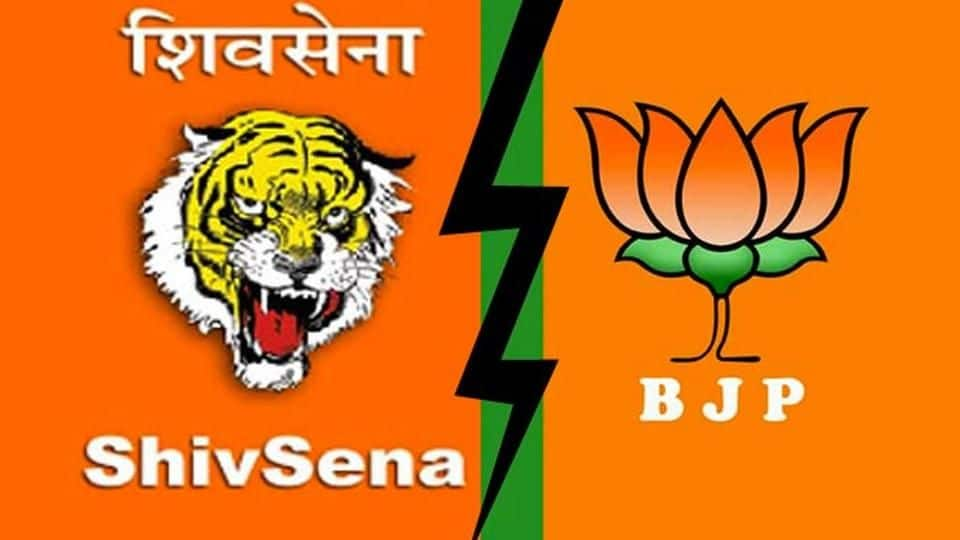
Shiv Sena won't ally with BJP for upcoming polls
What's the story
Shiv Sena has finally decided to go solo for the upcoming Assembly election poll and the 2019 Lok Sabha (LS) elections. This won't come as a surprise. Sena has been consistently threatening its more powerful partner BJP and is an open critic of PM Modi's policies at the Centre. But, what does this mean for Maharashtra politics? Here's all about it.
Beginning
When did the alliance begin?
The Shiv Sena-BJP alliance was forged about three decades back in 1989, based on their common Hindutva agenda. Sena was always the dominant partner in the alliance, be it the state elections or India's richest municipality, the Brihanmumbai Municipal Corporation (BMC). Sena's Manohar Joshi also served as CM, when the duo gained power in 1995. However, since 2007, BJP began gaining ground in BMC.
2014 elections
Why were 2014 assembly elections a turning point?
Notably, the 2014 assembly elections were the turning point in their smooth-sailing relationship. Riding on the Narendra Modi wave, BJP ended up winning 122 seats, compared to Sena's 63. This made BJP the dominant party. Subsequently, in 2017 BMC elections, BJP won 82 seats, two seats behind the Sena. This changed the dynamics of their relationship and Sena refused to accept BJP's superiority.
Changed dynamics
After equations changed, their relationship never remained the same
After BJP won majority Marathi votes, Sena began taking an opposing stance on almost every issue that the NDA government has faced in Maharashtra. Sena cornered its ally on farmers' loan waiver and the Mumbai Metro Phase 3 controversy over environmental degradation. They also raised objection over BJP's choice of President, Ram Nath Kovind. What's more, they took up cudgels against GST and demonetization.
Resolution
Now, what has Sena decided?
Now, Sena leader Sanjay Raut moved the resolution to end NDA's oldest alliance for upcoming elections at the party's national executive committee meeting. It was passed unanimously. The resolution remarked that the Sena has "always compromised" while upholding the alliance. They have pledged to win about 25 of 48 seats in the LS and 150 of 288 seats in the state assembly.
Politics
What does this mean for Maharashtra politics?
Sena president, Uddhav Thackeray will probably be re-elected; son Aaditya might get more responsibility. But, where does this leave Sena and BJP? Sena has never won power on its own and is presently staking the opposition's position. For BJP, it will be a test whether they can pull in Marathi votes without Sena's help. However, this alliance's break-up ends a chapter in Maharashtra politics.